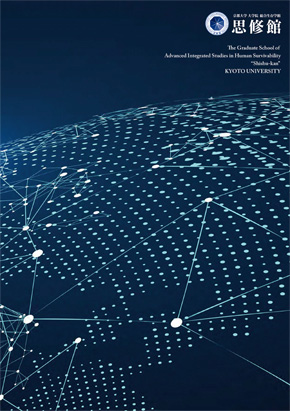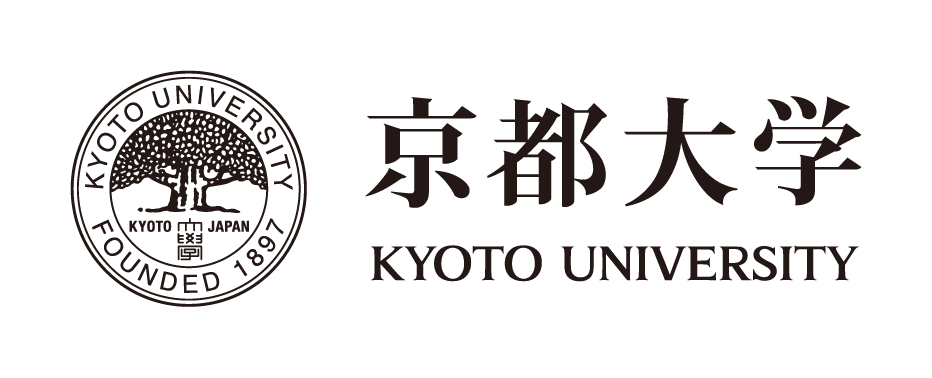Welcome Message
Last update: 2023-08-09
Message
Nurturing talents who will change society
Sustainable development is a common desire we all share. In the world, however, there are plenty of problems that threaten the present and future of humankind, such as wars and conflicts, economic inequalities, climate change, natural disasters, environmental decline, pandemics, and increasing life expectancies concurrent with low birthrates. Our school, the Graduate School of Advanced Integrated Studies in Human Survivability (GSAIS), was established in April 2013 with the aim of building “human survivability studies” to deal with these threats to the survival of mankind. Our mission is to nurture the talents who have the intention to help develop the field of human survivability studies and to become leaders with global perspectives.
In human survivability studies we aim to build an ensemble of practical studies to solve social problems. We believe that this goal is achieved only through a transdisciplinary approach and student-supervisor cooperation as equal partners. For this purpose, we promote learning in a diverse environment in transdisciplinary, intercultural, and international contexts. Here are some unique characteristics of GSAIS: a system of multiple supervisors, the “Learning Commons” where students from different fields share the space and time together while conducting research, and the residential training facility where students from different research fields and cultures live, exchange different ideas and practices, and work hard together. Furthermore, “overseas internship”, a mandatory course to be completed some time between the 3rd and 5th school years, provides an opportunity to live overseas and to be engaged in practical tasks so that one can obtain the ability to solve problems in a creative way with global perspectives. I am always impressed by the dramatic growth of students who have completed the overseas internship.
GSAIS initially began as a new graduate school to carry out an education program called “Shishu-Kan Program (adopted in 2012)” in the framework of “Program for Leading Graduate Schools” funded by MEXT. Consequently, Shishu-Kan became a nickname of our graduate school. The name comes from a Buddhist attitude for knowledge inquiry through three stages: Mon (“learn”), Shi (“think”), Shu (“practice”). The name “Shishu-Kan” represents our wish that students will go beyond just learning (Mon) and obtain the ability to think themselves (Shi) and implement practical solutions (Shu).
The current number of students totals 83, and 29 students have completed the 5-year course so far. These PhD holders work in diverse workplaces, including private companies, universities, research institutes, government offices, and non-governmental organizations. In these places, they have been welcomed as valuable resources for social innovation.
As one of its external collaboration activities, GSAIS established the “Circular Materials” Consortium in September 2022. The Consortium provides opportunities for lectures, information, discussions, and workshops on the latest technologies and trends in sustainable materials development by key persons from various industries inside and outside Japan, mainly from the chemical manufacturing industry. The consortium has achieved significant results in terms of industry-government-academia collaboration and social cooperation by building strong networks among GSAIS and participating companies.
GSAIS will continue to promote further cooperation with society and the private sector, and to systematically develop joint research.
Aren’t you interested in studying at GSAIS? Here you will start the endeavor to change society and the world. We look forward to your admission.
April, 2023
Graduate School of Advanced Integrated Studies in Human Survivability
Dean Akira MURAKAMI



